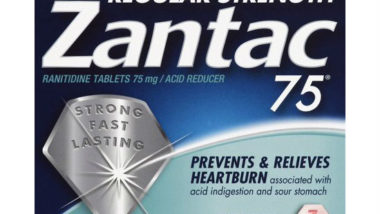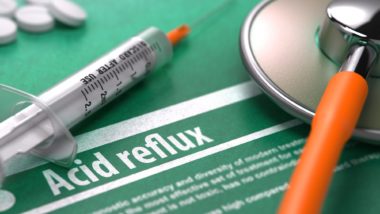 A new lawsuit poses the question, “Does Nexium cause stomach cancer?” amid concerns about the side effects of this popular medication. Plaintiff Carol D. alleges that proton pump inhibitor (PPI) drugs like Nexium and Protonix are unreasonably dangerous for consumers to use.
A new lawsuit poses the question, “Does Nexium cause stomach cancer?” amid concerns about the side effects of this popular medication. Plaintiff Carol D. alleges that proton pump inhibitor (PPI) drugs like Nexium and Protonix are unreasonably dangerous for consumers to use.
These medicines suppress the amount of stomach acid in the body, but according to the lawsuit, they could also lead to dangerous and even life-threatening problems. A growing number of consumers want to know, “can Nexium cause stomach cancer?”
The plaintiff says that she took Nexium for several years beginning around February 2008. In 2012, according to the suit, she used the PPI Dexilant, and Protonix, another PPI, the following year. Carol alleges that the medications contributed to her gastric cancer, which was diagnosed in November 2017.
The lawsuit says that the drugs’ manufacturers should have done more to make the public aware of the risks.
PPI products like Nexium are intended for patients who have acid peptic disease, GERD, acid reflux, or stomach and peptic ulcers. They work by blocking the stomach’s production of acid.
More than 21 million Americans have used some form of a PPI drug, for both short and long-term treatment.
Since the drugs came to market, they have enjoyed commercial success despite adverse health outcome reports to the U.S. Food and Drug Administration (FDA) and to physicians. Some of the most serious side effects include death, gastric cancer, and renal failure.
A recent academic study highlighted the risk potential with PPI use and gastric cancer. The study determined that long-term use of these medications increased a patient’s risk of developing stomach or gastric cancer. Other studies have found a similar connection between proton pump inhibitor use and a diagnosis of cancer.
The plaintiff in this lawsuit claims that she and other patients were never told about the high risk of gastric cancer based on long-term use of Nexium and similar medications. The lawsuit argues that due to the number of complaints about these side effects and medical studies about the connection between the two, drugmakers had ample knowledge of the risk profile and should have communicated that information to patients.
PPI medicines have also been connected to other serious medical problems like acute interstitial cystitis and kidney concerns.
Gastric cancer is diagnosed when malignant cells form in the stomach lining. Stomach disease, age, and diet can all increase the risk of gastric cancer. The most common side effects reported by gastric cancer patients include stomach pain or discomfort and indigestion, according to the National Cancer Institute.
The best chance for a positive outcome is when stomach cancer is diagnosed at an early stage. If you think that you might have stomach cancer from PPI use, speak to your doctor as soon as possible.
The Nexium stomach cancer lawsuit is case 1:19-cv-07963, filed in the Circuit Court of Cook County, IL County Department, Law Division.
ATTORNEY ADVERTISING
Top Class Actions is a Proud Member of the American Bar Association
LEGAL INFORMATION IS NOT LEGAL ADVICE
Top Class Actions Legal Statement
©2008 – 2026 Top Class Actions® LLC
Various Trademarks held by their respective owners
This website is not intended for viewing or usage by European Union citizens.
Oops! We could not locate your form.












